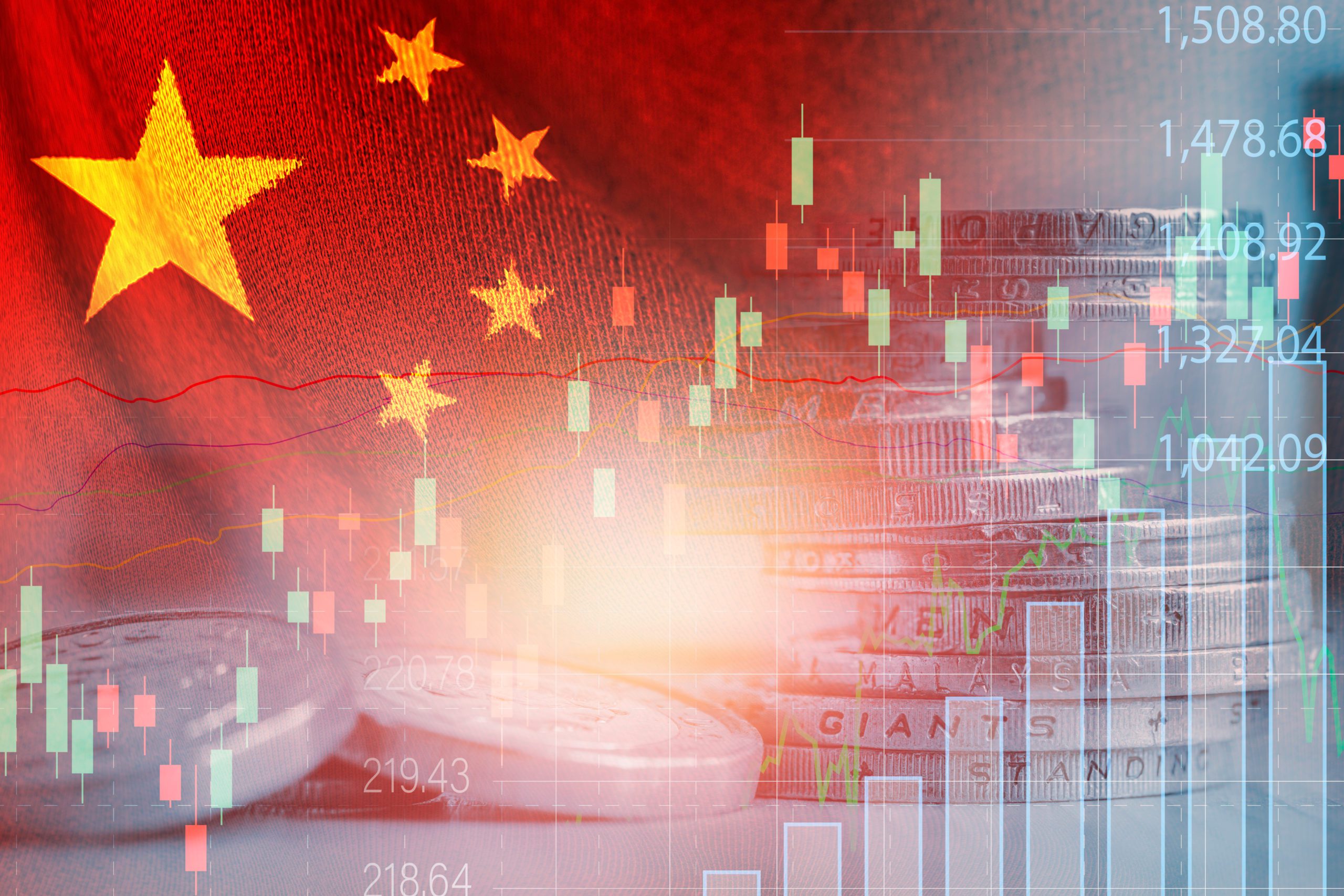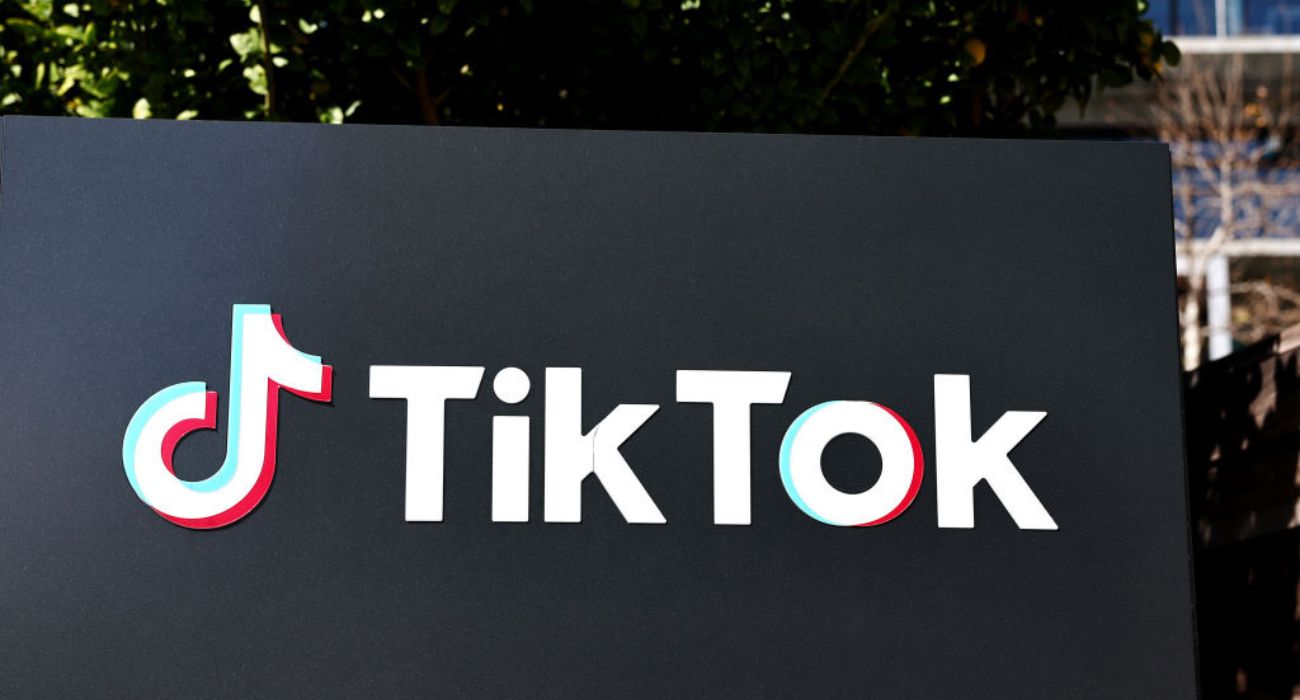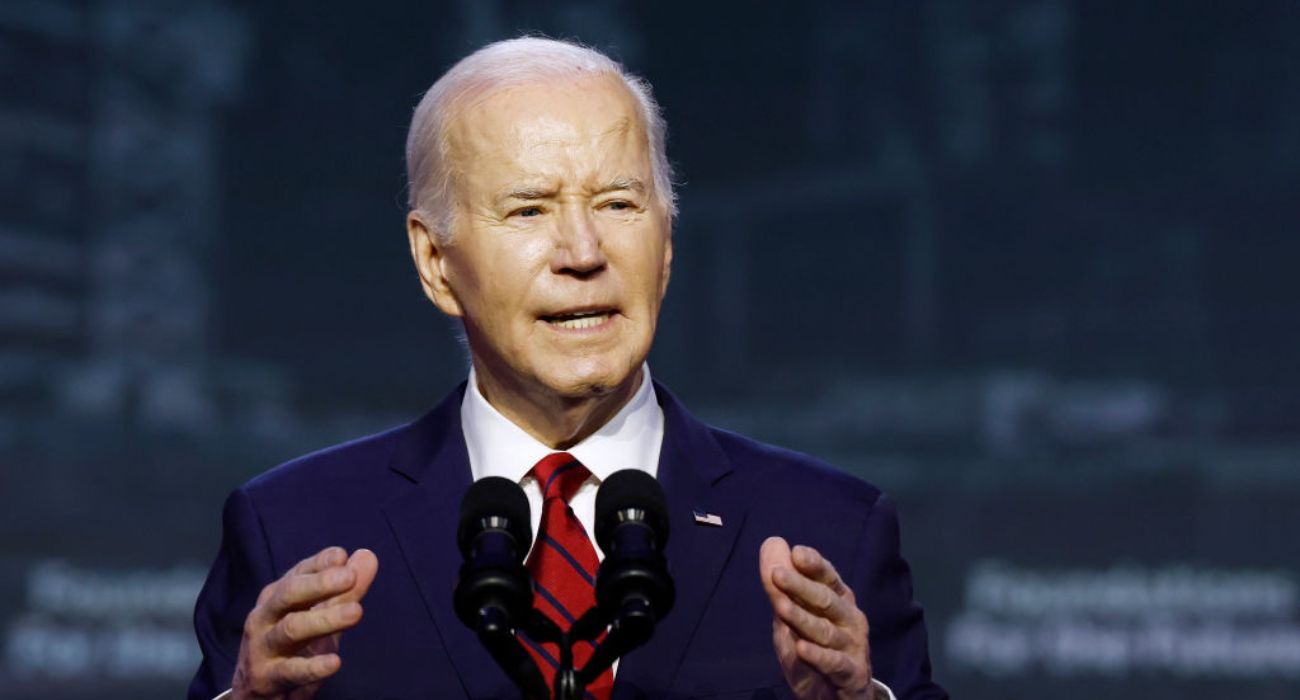China’s economy is in distress as it faces the consequences of its zero COVID-19 policy. Major industrial cities within China, primarily Shanghai and Beijing, have been in partial or complete lockdown for weeks, leading to a slump in nearly every economic category for China’s April report.
According to U.S. News, city officials began lockdown measures in Shanghai in late March and did not intend to lift measures until early to mid-June. Though Beijing’s lockdowns have not been as harsh as Shanghai’s, they have been strict enough to affect the city’s local economy and businesses.
To put the current economic outlook into perspective, Huang Yiping, a former central bank adviser and current economics professor at Peking University, stated, “We’ve reached a point where we should use policies to save the economy at all costs.”
In April, China saw a two-year high in its unemployment rate when it reached 6.1%, a marked increase from the target of 5.5%.
After experiencing a 5% gain in March, industrial production decreased by 2.9% in April.
The April data showed that by far the hardest-hit area was consumer spending, which plunged 11.1% from the previous April. This is the second straight month that consumer spending has taken a hit and marks the most significant loss since March 2020.
Chinese leadership is facing criticism for how it is choosing to handle stimulus packages and interest rates during these prolonged lockdowns.
Some, such as Stephen Roach, an economist and Yale University lecturer, feel that Chinese leaders are not doing enough to help the economy during these dire times.
“China is facing some extraordinary headwinds that I think its leadership is not responding to effectively,” he stated.
The Chinese government plans to focus on infrastructure investment, offering significant tax breaks to businesses, and, in an attempt to revive a sluggish real estate industry, incentivizing first-time homebuyers by lowering mortgage rates.
Chinese cities such as Beijing are focusing on the supply side, choosing to invest resources into those endeavors rather than provide direct payments to consumers to help drive consumer demand.
Michael Pettis, a finance professor at Peking University, stated, “The real weakness is on the demand side, but almost all of the economic measures implemented are supply-side measures.”
Others, such as Shen Jianguang, chief economist at JD.com, carry this same sentiment, urging the Chinese government to implement policies that drive consumer demand to keep the economy afloat. He argues that businesses cannot and will not benefit from tax breaks if they do not show income growth.






